Buying an investment property enables you to build equity over time. But what is equity in a property, and how does it work? Equity accumulates as you pay the mortgage. Equity is the difference between how much the investment property is worth and how much you owe on the mortgage. As an investor, you can tap into your equity to pursue other investments to meet your financial goals, such as reinvesting the money into additional investment properties.
Equity is a valuable tool that real estate investors can also use to pay off other debt or explore other passive income strategies. With this guide, we’ll show you what equity is in real estate, how you can build it, and its benefits.
Equity in real estate is the difference between the value of your property and the amount of money you owe on your mortgage — minus any other potential liabilities. Liabilities in real estate are any amount owed to another party. These can include:
- Any debt on a property, such as a mortgage
- Other loans
- Fines and other accrued expenses
If you sold your investment property today, the equity would essentially be the amount you would receive after you paid off your mortgage. Here’s a simple example: If you sold your property for $450,000, and you owe $250,000 on the mortgage, then there would be $200,000 of equity in the property.
You should expect to receive $200,000 minus agent commissions and selling costs if you sell your property. However, if you have a second mortgage, that would also count against your equity. If your mortgage is fully paid off, you will receive 100% of the property’s value minus selling expenses.
Accumulating tangible real estate equity establishes the investor as a favorable candidate for prospective mortgages, given their demonstrated capacity to fulfill mortgage obligations.
If you want to know how to build equity, the answer is fairly straightforward — you can reduce your loan balance by making mortgage payments. The more payments you make, the higher the percentage of your property you own. It’s important to note that equity can only build in tandem with your mortgage payments if your property’s value remains the same or increases.
If the value of your investment property drops, for example, you may owe more on your mortgage than the property is actually worth. This is also known as negative equity or being “underwater” on your loan.
Within real estate, there are several other types of equity. Understanding how these equity types work and how they can potentially benefit you is critical to making well-informed investment decisions.
1. Sweat Equity
Sweat equity in real estate refers to increasing the value of a property or lowering the cost of owning an investment property through physical labor. The term is often used to describe situations that involve renovating or “flipping” an investment property for profit down the line. For example, sweat equity can involve investors who do their own repairs or updates to their properties before putting them up for sale. Instead of paying a contractor or construction company, the individuals save money by doing it themselves.
Real estate investors also use sweat equity to invest without paying a significant amount. For example, an investor may use a cash-out refinance to buy an investment property or fund renovations. Investors can also flip investment houses or properties and sell them for profit. However, this requires the cost of supplies and your own labor. Investors must also consider aspects like safety, quality of construction, and the end result if they do not have experience doing renovations.
2. Preferred Equity
Commercial real estate assets are typically more costly than residential properties, and investors often pool capital from various sources to purchase property. An investor with preferred equity gains privileges over other investors, such as common equity holders.
Preferred equity is paid out before common equity, which means investors have a better chance of receiving returns — although this is not guaranteed. Because preferred equity investors have an ownership interest in the property, they may hold some control over the decisions.
3. Private Equity
Private equity real estate investing refers to firms that pool capital from investors to acquire properties that they sell shortly after. This type of equity investing is generally only offered to high-net-worth individuals (HNWIs) or accredited investors because private equity real estate funds typically require higher contributions and may have higher risks. Some private equity investments can include:
- Private real estate investment trusts (REITs)
- Limited liability companies (LLCs)
- Collective investment trusts
- Limited partnerships
Unlike a REIT — which is required to distribute 90% of taxable income to shareholders annually — funds from a private equity pool may be held for several years.
Building equity in your investment property can help you invest in other properties. With equity, you can also perform a 1031 exchange. This strategy enables investors to defer capital gains tax on the sale of an investment property and exchange it for a replacement investment property. With the exchange, you can essentially transfer your equity from your old property to the new one. Keep in mind that there are several rules and requirements for a 1031 exchange that you must meet to gain this benefit.
One of these requirements is that the equity and debt for your replacement property must be equal to or greater than the equity and debt in your relinquished property. If not, this will result in a taxable gain.
For example, suppose you sell an investment property for $600,000. You have a loan balance of $60,000 and selling expenses come out to $25,000. This leaves you with a net equity of $515,000. Adding your debt amount of $60,000, you would need to find a like-kind replacement property valued at at least $575,000 to qualify for a 1031 exchange. You must also reinvest all the sale proceeds into the replacement property to completely defer capital gains tax.
Equity can be a powerful financial tool for real estate investors. Building equity in your investment properties can provide access to real estate investment opportunities like 1031 exchanges. In a 1031 exchange, you can benefit from tax-deferred earnings and generate passive income.
At 1031 Crowdfunding, we make it easy for our clients to view 1031 exchange properties on one streamlined platform. We offer 1031 exchange services that help you understand your options while saving time and energy. Our team has the experience and knowledge to guide you through a 1031 exchange or alternative investment. Register for an investor account today to view more investment opportunities.
This material does not constitute an offer to sell or a solicitation of an offer to buy any security. An offer can only be made by a prospectus that contains more complete information on risks, management fees and other expenses. This literature must be accompanied by, and read in conjunction with, a prospectus or private placement memorandum to fully understand the implications and risks of the offering of securities to which it relates. As with all investing, investing in private placements is speculative in nature and involves a degree of risk, including loss of your principal. Past performance is not necessarily indicative of future results and forward-looking statements and projections are not guaranteed to achieve the results described and your actual returns may vary significantly. Investments in private placements are illiquid in nature and there may be no secondary market or ability to sell the investment should the need for liquidity arise. This material should not be construed as tax advice and you should consult with your tax advisor as individual tax situations will vary. Securities offered through Capulent, LLC Member FINRA, SIPC.





